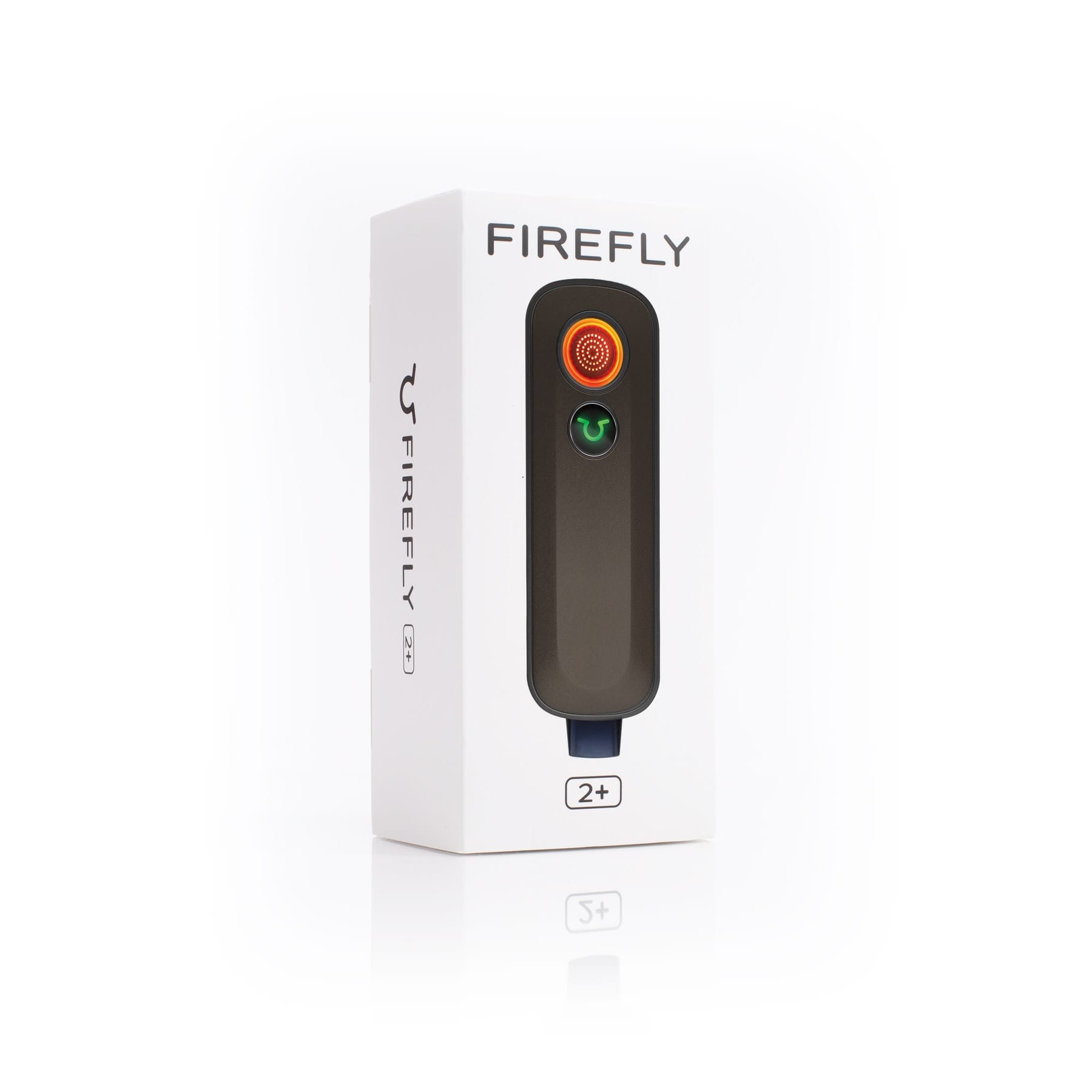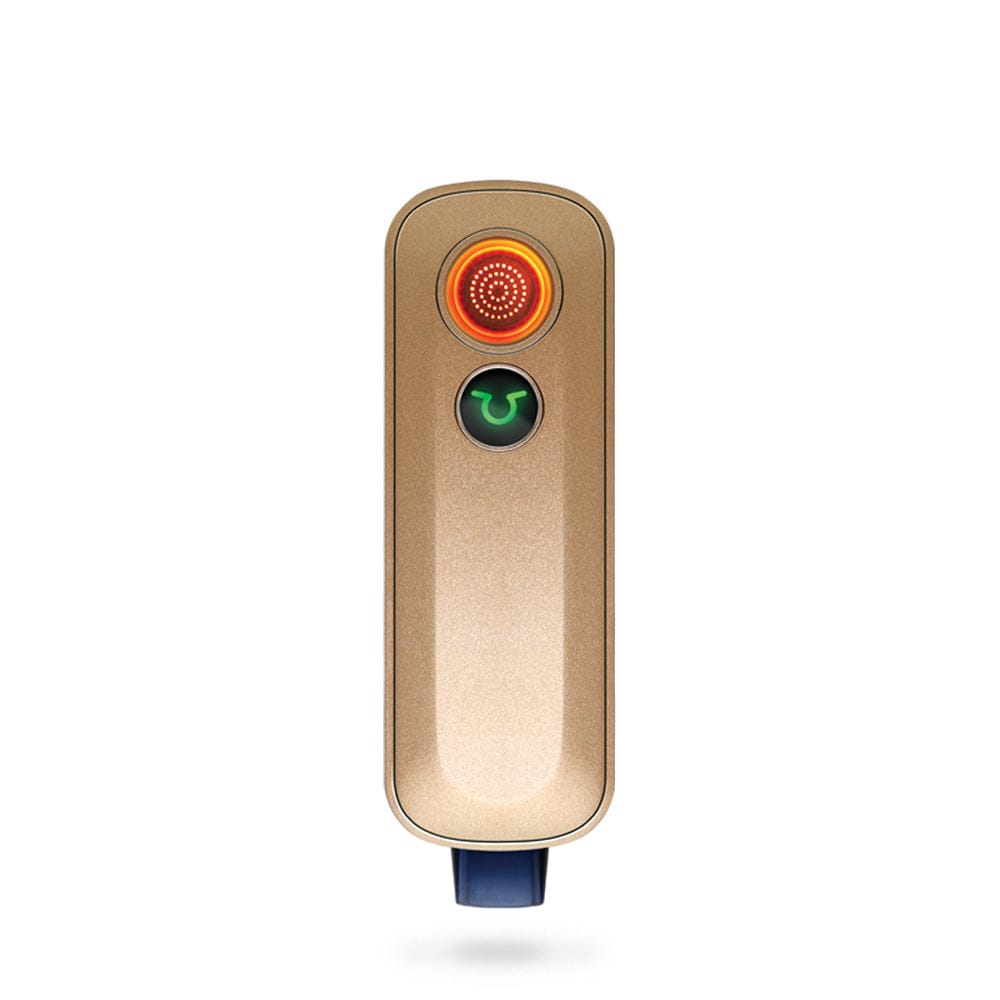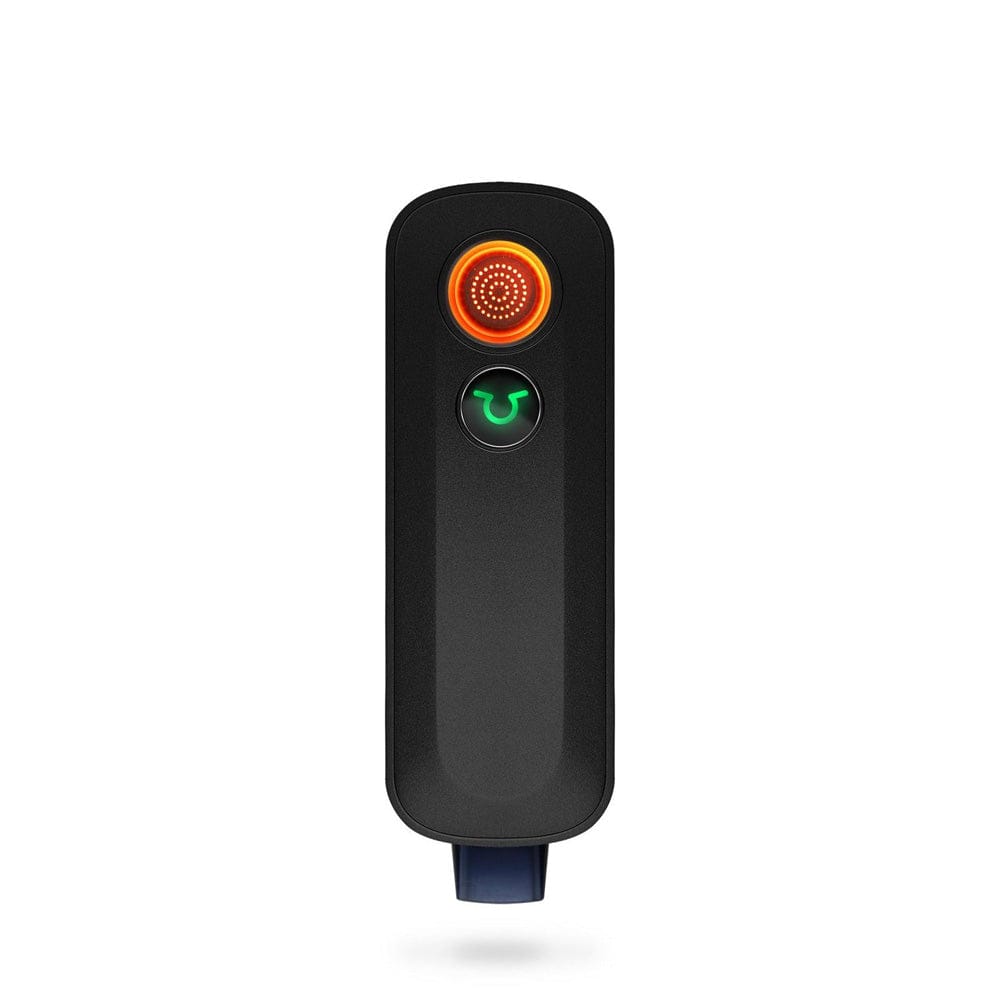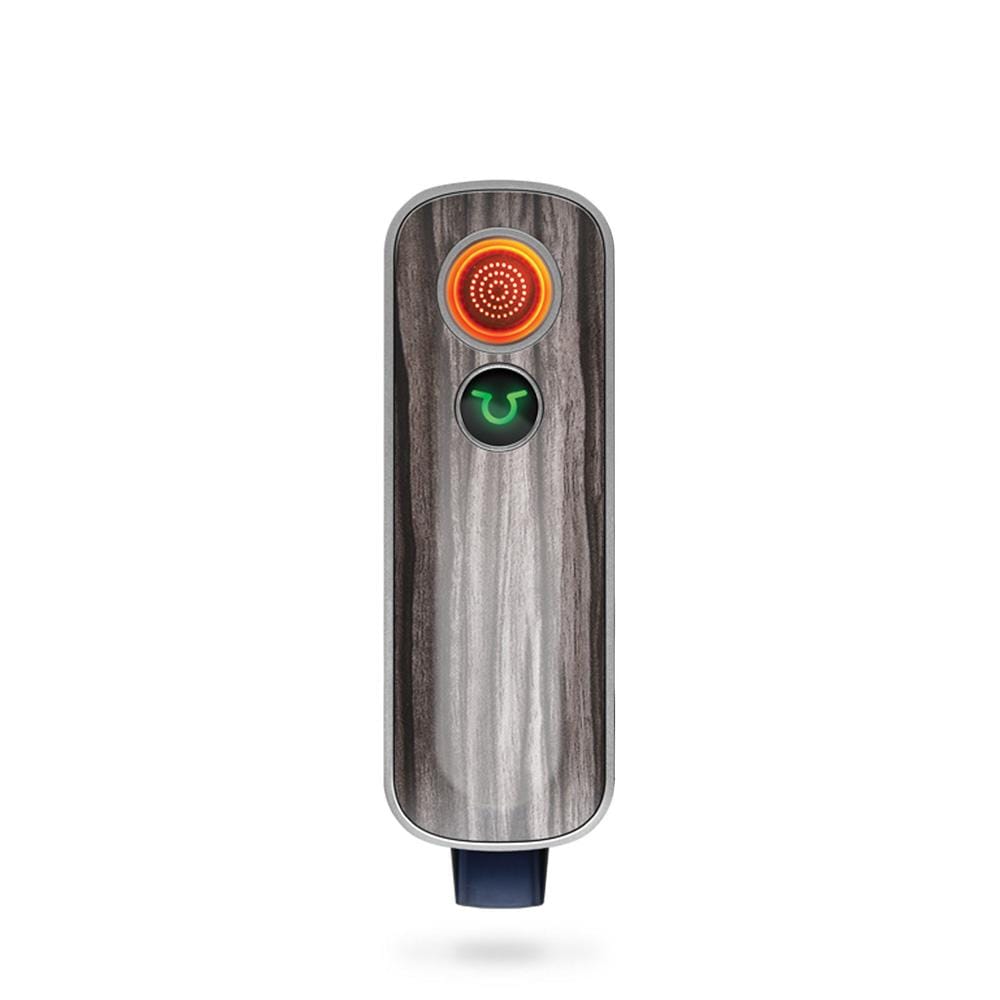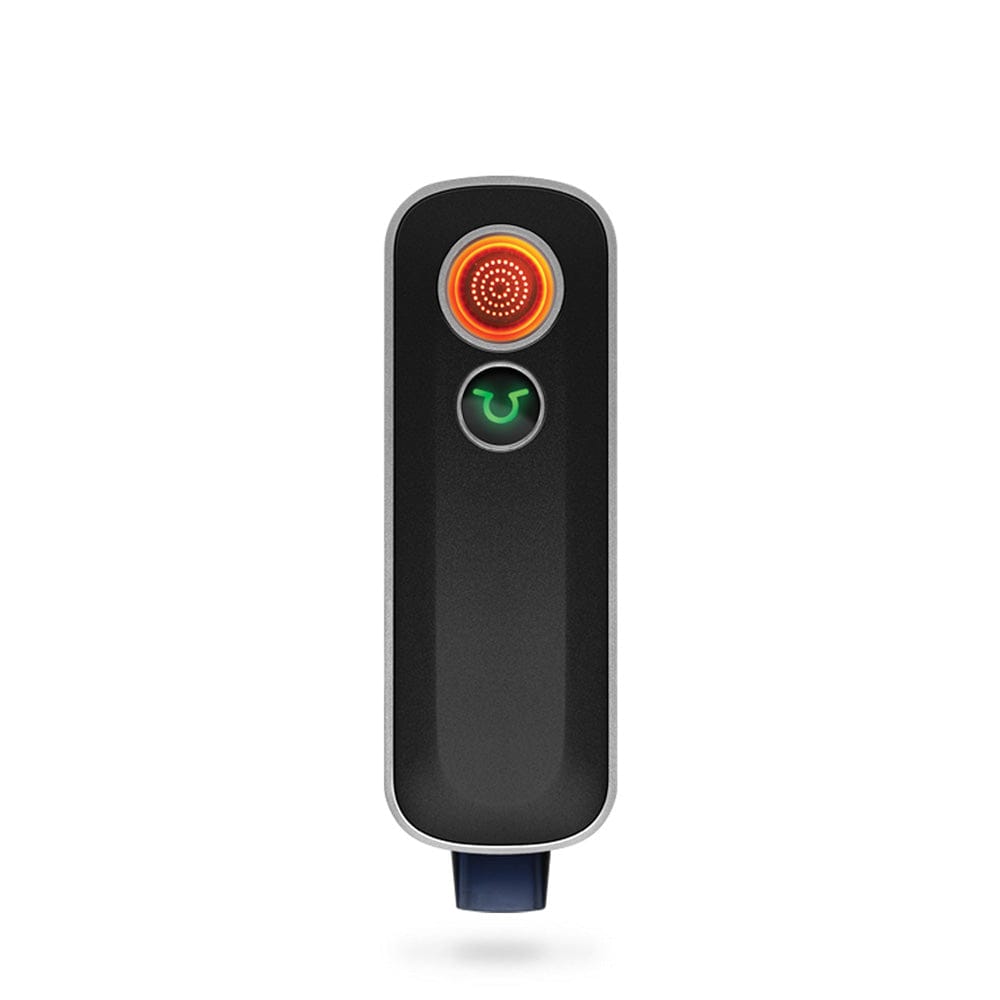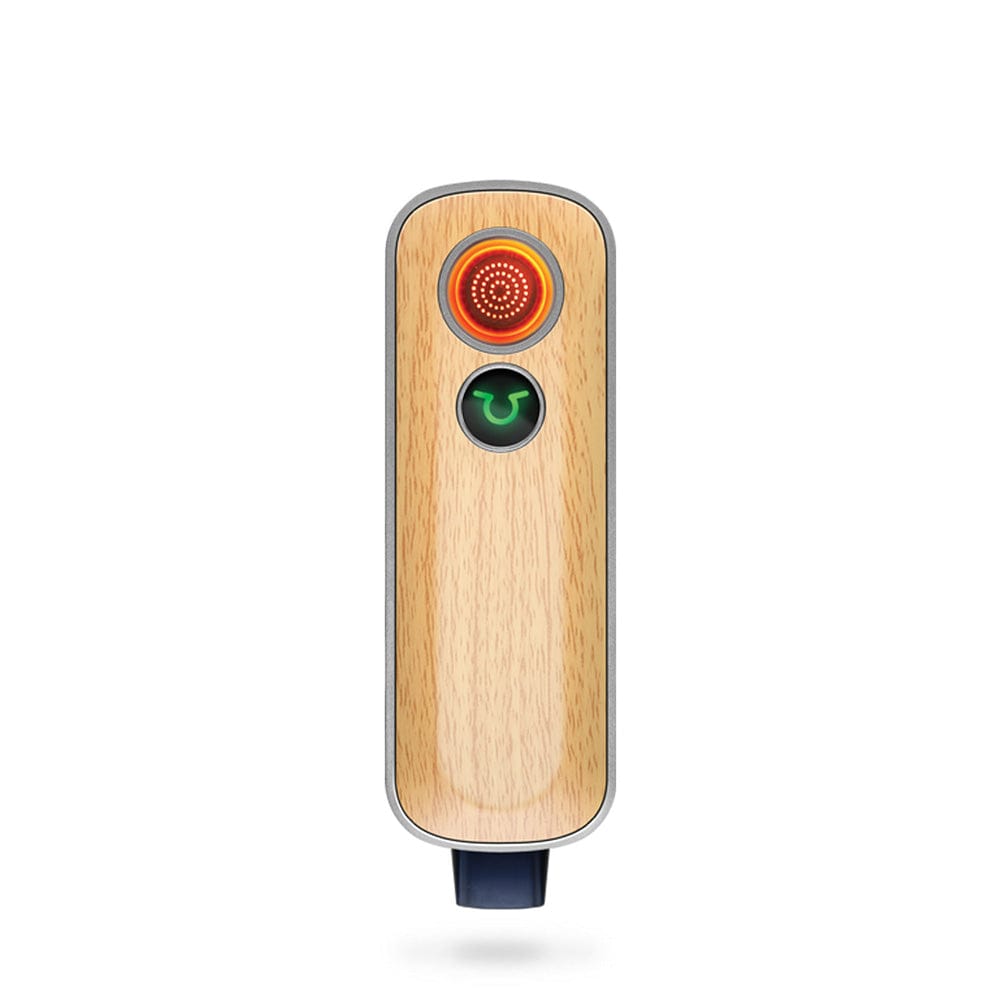
Can a vape set off a fire alarm? It's something almost all vapers may think about and definitely try to avoid. At best, you create a noisy nuisance in your home while trying to have a relaxing vape session. At worst, you are causing a public disruption or even receiving heavy fines. You should always avoid vaping where it's prohibited, but it can be useful to know how to avoid setting off the fire alarm at home as well.
In this article, we'll give a brief rundown of how fire alarms work, which alarms are most likely to be triggered by vaping, and the best ways to avoid setting alarms off in private residences.
Fire Alarms and Smoke Detectors: How Do They Work?
Before we dive into whether vapes can set off a fire alarm, it's helpful to know how fire alarms and detectors work. It depends on the kind of alarm, but most alarms and detectors operate with either (or both) of the following core functions:
- They detect heat
- They detect particles in the air

There's a lot of different ways that different alarms and detectors may detect heat or particles, but this is a good general description of how they work.
Types of Fire Alarms & Smoke Detectors
This isn't an exhaustive list, but these are some of the most common types of alarms and detectors you'll find in houses, apartments, hotels, and more.
Heat Detectors
Certain alarms or detectors require heat to be triggered. This usually requires open flame or thick, heavy smoke, which won't usually be a problem for vapor.
Optical or Photoelectric Alarms
This style of alarm uses a beam of light (usually infrared) that serves as the trigger for the alarm to go off. When particles are thick enough to interrupt the light beam, the alarm will go off. Not only will smoke trigger these alarms, but vapor can, too.
Ionized Detectors
This style of alarm is similar to optical or photoelectric alarms, though they're less sensitive. Instead of infrared light, charged ions are shot back and forth between plates in the detector. When there's enough particles in the air to disrupt the flow of ions, the alarm will sound. This style of alarm is focused on smoke, though it's possible for vapor to trigger it, too.
Which Types of Fire Alarms Are Vulnerable to Vapor?
You should be cautious with any smoke or fire alarm when vaping. However, optical or photoelectric alarms are the most vulnerable to vapor, since your puffs can easily break the beams of infrared light. Ionized detectors can also be triggered by vapor, but that’s far less likely. Heat detectors are unlikely to trigger at all, unless you are blowing directly into the alarm at a point-blank distance.
How to Vape Without Setting Off a Fire Alarm
It can be annoying to constantly trigger your home fire alarm while trying to enjoy a relaxing vape session. The following tips can be of huge help to avoiding the annoying shrill of your smoke alarm.
Blow Vapor Away From the Detector
Even though this is common sense, it's the most effective way to avoid setting off a smoke alarm with vapor. Unlike smoke, vapor doesn't rise. Instead, it tends to dissipate and settle. Blowing vapor down and away will keep it from ever reaching the alarms, which are usually placed on ceilings.

Blow Vapor Into Your Shirt
This is often a technique used to help reduce the smell of dry herb vapor, but it can help to avoid triggering smoke detectors, too. Keep in mind it'll make your clothes smell, but it's a good choice if you are in a smaller, enclosed space or if you have a particularly sensitive alarm.
Keep a Window Open
Airflow that moves vapor outside is always a good choice. Afterall, if vapor isn't present, it can't set off an alarm! This won't be an option if you don't have windows but consider keeping one open and blowing vapor outside if you have a knack for triggering your smoke detector.
Vape at Lower Temperatures
Lower temperature vaping produces thinner vapor. If your smoke alarm is optical, then thin vapor has a far less chance of triggering it. Keep in mind it's not a guarantee, but it's a good option if you enjoy cooler vapor and have a hard time not setting your alarm off. If you're not sure how to vape at lower temperatures, then check the instruction manual of your vape.
Could Vaping Cause a Fire?
The likelihood of your dry herb vape (especially a convection vaporizer) creating a fire is unbelievably slim. Weed vapes don't even heat enough to create smoke (which is why vapor is created instead of smoke), so there's nothing burning when you're taking hits. The heating chamber is completely enclosed, so none of the heating elements are touching anything besides the weed you loaded inside.
It's possible that improper storage of vaporizers can cause batteries to explode, but these incidents are also rare. You don't need to worry about starting a fire while vaping.
Could Vaping Set Off Smoke Detectors on Airplanes?
Yes. You should never vape on an airplane, period. It's prohibited by federal law and comes with hefty fines. You could even be permanently banned from flying, so don't take the risk. Do not vape on airplanes.
Could Vaping Set Off Smoke Detectors in Hotels?
It's possible, especially if the smoke detectors use optical or ionized sensors. If you insist on vaping in a hotel, consider booking a room that allows smoking (since this will also cover vaping). If you can't, most hotels have designated smoking/vaping areas outside of the building, where you can comfortably have a vape session without the risk of heavy fines.
How to Vape at Home Without Setting Off a Smoke Detector?
We recommend following the general steps of vaping without triggering a detector that we mentioned before, which include:
- Blowing vapor away from the detector
- Blowing vapor into your shirt
- Keeping a window open
- Vaping at low temperatures
If you still struggle to avoid setting off detectors, consider vaping in a room where a detector isn't present, or vaping outside.
Should You Ever Turn Off a Fire Alarm to Vape?
No. Whether you're in your own home, in a hotel, or any other place, do not turn off a fire alarm to vape. It's dangerous, and there are ways to be able to enjoy vaping without risking your life (or others’) by turning off fire alarms.

In Conclusion
Vaping can trigger fire alarms, but there are techniques you can follow to avoid unnecessarily triggering alarms. Don't vape where it's prohibited (like planes) and make sure you're considerate of others during vaping sessions.

